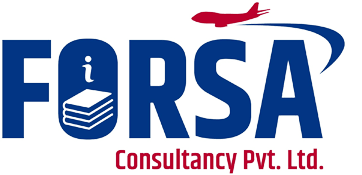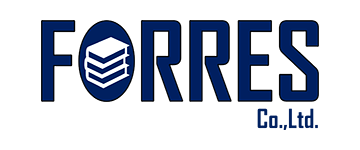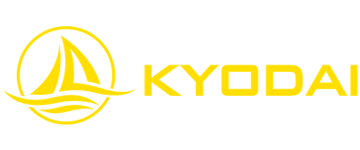Brief Introduction to Work in Japan
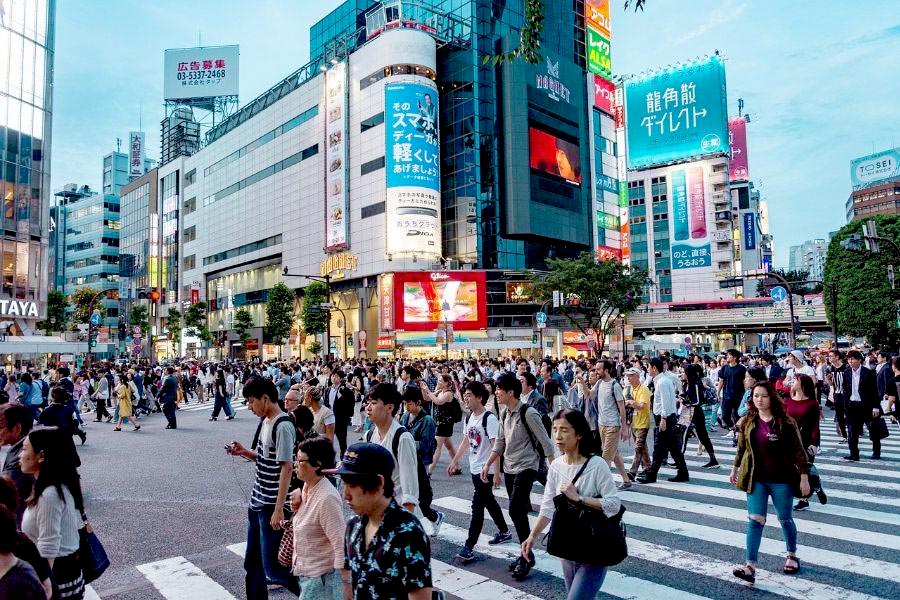
Working in Japan offers a unique experience for foreigners looking to explore a new culture while advancing their career. Japan’s economy is one of the largest in the world, with a variety of industries and sectors that offer job opportunities for both Japanese citizens and foreigners alike. If you are considering working in Japan, there are several important factors to keep in mind, including the job market, visa requirements, language proficiency, and cultural expectations.
Forsa Consultancy is here to help guide you through the process of finding a job in Japan and navigating the cultural and language barriers that may arise. Our team of experts can provide assistance with job search strategies, resume and cover letter writing, interview preparation, and more. We can also help you understand the visa requirements and application process, including the new SSW (Specified Skilled Worker) visa program, which offers an easier path to residency for foreigners in certain industries.
The SSW program allows skilled workers in industries such as nursing, construction, and hospitality to work in Japan for up to five years, with the possibility of extending their visa and eventually obtaining permanent residency. Forsa Consultancy can provide assistance with the application process, including gathering the required documents and meeting the necessary criteria. With our help, you can increase your chances of success in obtaining a job and visa in Japan, and begin your journey towards a fulfilling career and life in this unique and exciting country.
Working Lifestyle in Japan
The working lifestyle in Japan is unique and often differs from that of other countries. The Japanese work culture values punctuality, diligence, and respect for authority. Employees are expected to work long hours and often put their company’s needs before their personal life. It is also common for Japanese workers to participate in after-work socializing, such as drinking with colleagues, which is considered an important aspect of building relationships in the workplace.
The work culture in Japan also places a strong emphasis on teamwork and group harmony. Employees are expected to work collaboratively and efficiently, with a focus on achieving company goals rather than individual success. Hierarchical structures are common in Japanese workplaces, with respect for authority and seniority playing a significant role in decision-making.
At the same time, the Japanese government and companies are making efforts to improve work-life balance for employees. For example, many companies are implementing “telework” or remote work policies, and the government has introduced initiatives to encourage workers to take more time off. These changes reflect a growing recognition of the importance of work-life balance for the well-being of workers and the economy as a whole.
Forsa Consultancy can help international job seekers navigate the unique work culture in Japan and find job opportunities that fit their qualifications and preferences. Additionally, with the introduction of the SSW (Specified Skilled Worker) program, there are now more opportunities for foreign workers to obtain visas and work in Japan in industries such as construction, hospitality, and healthcare. Forsa Consultancy can provide guidance and support for those interested in pursuing these opportunities.
Types of Work Visa in Japan
There are various types of work visas available for foreigners who wish to work in Japan. Some of the most common ones are:
Highly Skilled Professional (HSP) Visa: This visa is for individuals who have outstanding skills and experience in their field. Applicants must meet certain criteria to be eligible for this visa, such as having a certain level of income or education.
Engineer/Specialist in Humanities/International Services (EHS) Visa: This visa is for foreign nationals who are employed in specialized fields such as engineering, humanities, and international services.
Technical Intern Training Visa: This visa is for individuals who wish to come to Japan to acquire technical skills or knowledge through on-the-job training.
Student Visa: Foreign students who are enrolled in a university or vocational school in Japan are eligible for a student visa. They are allowed to work part-time for up to 28 hours per week while studying.
Specified Skilled Worker (SSW) Visa: This is a new visa category that was introduced in 2019 to address labor shortages in certain industries. The SSW visa is divided into two categories: Category 1 for workers with advanced skills and Category 2 for workers in industries with labor shortages.
It is important to note that the eligibility requirements, application procedures, and processing times may vary depending on the type of visa. It is recommended to seek the advice of a qualified immigration lawyer or consultant, such as Forsa Consultancy, to ensure that all the requirements are met and the application process goes smoothly.
Required Documents for Work Visa in Japan
The required documents for a working visa in Japan vary depending on the type of visa and the applicant’s situation. However, some common documents that are required for most working visas include:
- Passport: A valid passport with at least six months of validity remaining.
- Visa Application Form: A completed visa application form with a recent passport-sized photograph attached.
- Certificate of Eligibility (CoE): A document issued by the Japanese Immigration Bureau that confirms the applicant’s eligibility to work in Japan. In most cases, the employer in Japan will apply for the CoE on behalf of the applicant.
- Educational and Professional Certificates: Copies of educational certificates and professional qualifications that are relevant to the job being applied for.
- Resume: A detailed resume that includes information about the applicant’s education, work experience, and skills.
- Job Offer Letter: A job offer letter from the employer in Japan that includes information about the job title, salary, and working conditions.
- Financial Documents: Documents that demonstrate the applicant’s financial stability, such as bank statements or tax returns.
- Health Certificate: A health certificate that confirms the applicant does not have any contagious diseases.
It is important to note that the exact documents required may vary depending on the applicant’s nationality, work experience, and other factors. It is recommended to consult with a visa specialist or a reliable consultancy firm like Forsa Consultancy to ensure that all necessary documents are submitted for the work visa application process.
Cost of Living and Taxes in Japan
The cost of living in Japan varies depending on the city and lifestyle, but in general, it can be quite high. Tokyo and other major cities are among the most expensive cities in the world, but there are also more affordable options outside of these areas. Housing, transportation, and food are the biggest expenses, but there are also other costs to consider such as healthcare, education, and entertainment.
When it comes to taxes, Japan has a progressive income tax system, which means that the more you earn, the higher your tax rate will be. As of 2021, the highest tax rate is 45% for those earning over 18 million yen per year. Additionally, there is a consumption tax of 10% on most goods and services. Employers are also required to provide social security benefits, such as health insurance and pension contributions, for their employees.
It’s important to note that as a foreign worker in Japan, you may be eligible for certain tax benefits and exemptions, such as a special income tax exemption for highly skilled professionals. It’s always a good idea to consult with a tax professional or the National Tax Agency for specific information and advice on your tax obligations in Japan.
Trainings available to Work in Japan
Forsa Consultancy is dedicated to providing comprehensive training to individuals interested in working in Japan. We offer a range of language and skill training programs tailored to meet the specific needs of our clients.
- JLPT (N1 to N5) and JFT language training programs
- Skill training programs for agriculture, food service, nursing care, and other fields related to SSW visa requirements
- Training programs for developing cultural awareness and adapting to the Japanese work culture
- Career coaching and job placement assistance
- Assistance with preparing necessary documents for work visa application process.
Apply Online
Fill the form below and we will contact you soon.Forsa is one of the best consultancy. A reliable consultancy that does not have to pay even 1 penny before COE and service charge is very low. Thank you Forsa Consultancy for making my dream come true to work in Japan.

Pritam TandukarWork Visa Granted for Agriculture (SSW)
Forsa Consultancy was a great help in obtaining my Agriculture Visa. I appreciate their hard work and dedication. They are one of the best and most reliable consultancies for SSW. Thank you for making my dream a reality.

Dipu TamangWork Visa Granted for Agriculture (SSW)

Training Classes
We will prepare you with our expert trainers
LANGUAGE TRAINING
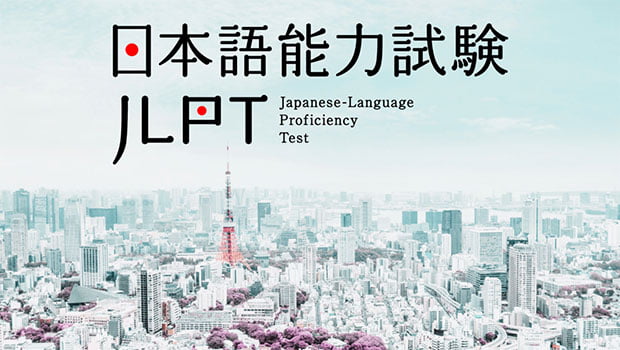 At Forsa Consultancy Pvt. Ltd., we offer comprehensive Japanese language training to help you prepare for the Japanese Language Proficiency Test (JLPT). Our courses cover all levels from N5 to N1, ensuring that you have the necessary skills to pass the test.
At Forsa Consultancy Pvt. Ltd., we offer comprehensive Japanese language training to help you prepare for the Japanese Language Proficiency Test (JLPT). Our courses cover all levels from N5 to N1, ensuring that you have the necessary skills to pass the test.
At Forsa Consultancy Pvt. Ltd., we offer JFT Basic training to help you prepare for the Japanese Language Proficiency Test (JLPT) and the Japanese-Language NAT-TEST. JFT Basic is a Japanese language proficiency test for beginners that measures the ability to understand basic Japanese used in daily life.

At Forsa Consultancy Pvt. Ltd., we offer comprehensive IELTS preparation courses to help you achieve your desired score on the exam. Our experienced instructors provide personalized attention to each student, ensuring that you receive the support you need to succeed.
SKILL TRAINING
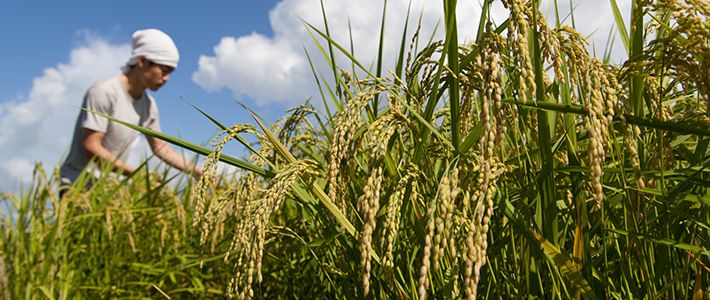
At Forsa Consultancy Pvt. Ltd., we offer comprehensive Agriculture Skill Assessment Test Exam preparation courses to help you prepare for the exam required for a work visa in Japan and Canada. Our experienced instructors provide personalized attention to each student, ensuring that you receive the support you need to succeed.
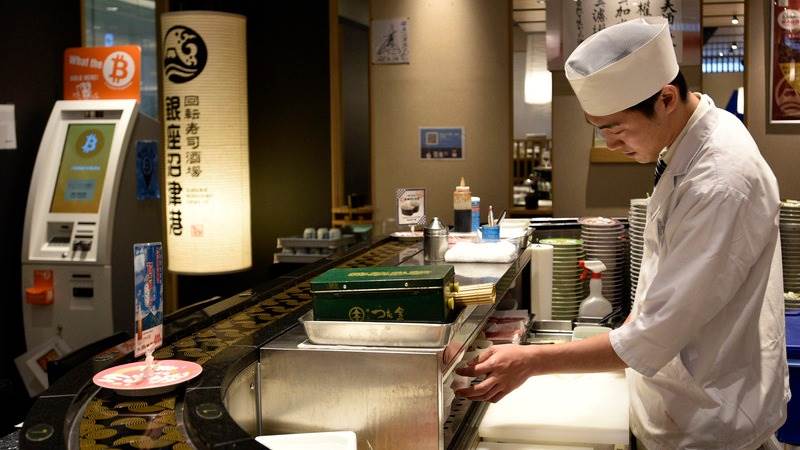
At Forsa Consultancy Pvt. Ltd., we offer comprehensive Food Service Skill Test preparation courses to help you prepare for the exam required for a working visa. Our experienced instructors provide personalized attention to each student, ensuring that you receive the support you need to succeed.

We understand that passing the Nursing Care Skill Evaluation Test is crucial for obtaining a working visa in Japan, and we are here to help you succeed. Our Nursing Care Skill Evaluation Test preparation program is designed to equip you with the necessary skills and knowledge to ace the exam and secure a job in nursing care in Japan or other countries.
